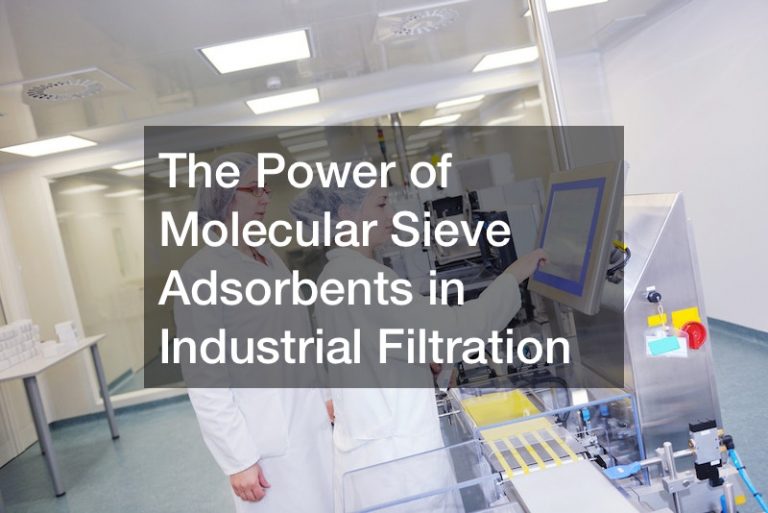Molecular sieve adsorbents, versatile and pivotal in various industries, are porous materials with a crystalline structure designed to selectively absorb molecules based on size, shape, and polarity. While polarity is not a prerequisite for adsorption, these materials play a crucial role in sectors like petrochemicals and gas separation due to their exceptional properties.
The term “molecular sieve” denotes the unique ability of these materials to act as molecular filters, akin to a sieve, allowing them to perform specific functions. Composed typically of aluminosilicate minerals or synthetic materials sharing a similar structure, molecular sieves exhibit a porous three-dimensional network of interconnected channels and cavities.
This intricate structure creates pore sizes ranging from 3 to 10 angstroms, influencing the molecular sieve’s selectivity for specific molecules.
In the petrochemical industry, molecular sieve adsorbents find extensive use in processes requiring the separation of different molecules based on their sizes and properties. The selective filtration capability of molecular sieves is a key asset, enabling them to efficiently separate and purify gases and liquids. This selectivity arises from the tailored pore sizes, allowing molecular sieve adsorbents to target and capture specific molecules while excluding others.
In essence, the significance of molecular sieve adsorbents lies in their ability to act as precision filters, contributing significantly to the efficiency and success of various industrial processes. Their role in molecular filtration based on size, shape, and polarity underscores their importance as indispensable tools across diverse applications.
.





